When you think of mortgage applicants, do you picture young couples buying their first homes? While that’s a common scenario, older Americans are increasingly seeking mortgages, whether to purchase retirement homes or tap into their accrued home equity. Surprisingly, despite their higher credit scores and substantial retirement wealth, older applicants face higher rejection rates for various mortgage types. Let’s delve into the reasons behind this phenomenon.
Age vs. Mortgage Approval Rates
A study by the Federal Reserve Bank of Philadelphia revealed some startling statistics. Older mortgage applicants faced rejection rates of 17.5%, with those in their 60s rejected 19% of the time, and those over 70 facing a 20% rejection rate. These numbers cut across different wealth levels, highlighting age as a significant factor.
A separate study by the Urban Institute found that, in 2020, applicants aged 75 or older had an 18.7% rejection rate for all mortgage types, compared to 15.4% for those aged 65 to 74 and 12.1% for those under 65. Surprisingly, retirees generally possess more wealth to afford mortgages and boast better credit scores, indicating their repayment ability.
So, why are older mortgage applicants more likely to face rejection?
Factors Behind Mortgage Rejections for Older Applicants
- Insufficient Collateral: The Fed study revealed that over half of older applicants’ rejections stemmed from “insufficient collateral.” Lenders often appraise homes for lower values than applicants anticipate.
- Mortality Risk: Lenders may be wary of borrower mortality risk. If the borrower passes away, the loan might be repaid early, posing reinvestment risk for the lender. Alternatively, the property could go into foreclosure, incurring legal fees for the bank.
- Lack of Regular Income: Retirees’ absence of regular employment income can reduce their loan approval chances. Lenders prefer to see steady job income, even if borrowers have retirement wealth.
- High Interest Rates: Elevated interest rates increase borrowing costs and the income needed to support mortgage payments, making it harder for older borrowers to secure mortgages.
Mortgage Product Variations
Interestingly, mortgage application rejection rates based on age vary depending on the mortgage product. While older applicants face higher rejection rates for cash-out refinances, there’s no age-related difference in rejection rates for Home Equity Lines Of Credit (HELOCs). This could be because HELOCs allow homeowners to access money gradually, and lenders focus less on the borrower’s income when ample home equity provides collateral.
In conclusion, financial advisors can play a vital role in helping clients, regardless of age, improve their mortgage approval odds. For retirees, this might involve generating new income sources, reducing debt to income ratios, or considering a reverse mortgage when a traditional cash-out refinance isn’t feasible.
Source: Reverse Mortgage Tribune

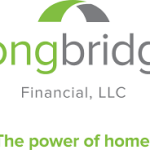





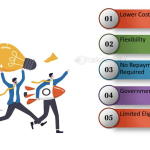
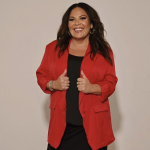
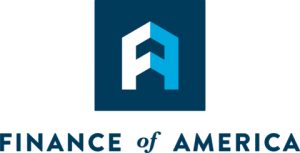
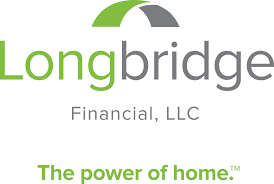
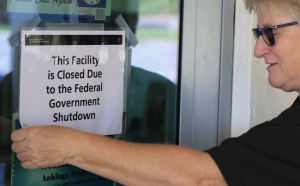


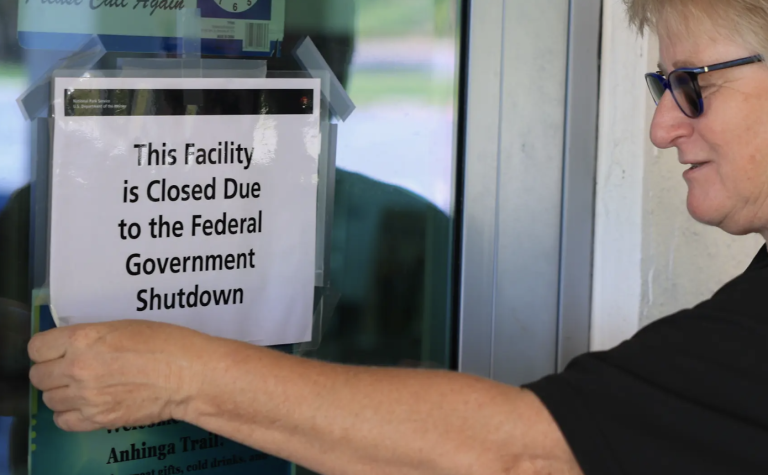


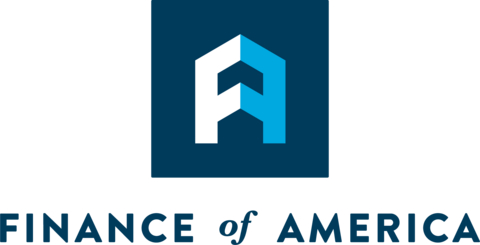
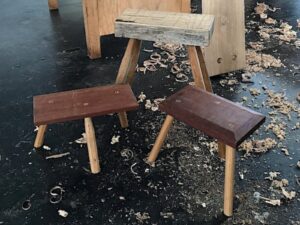

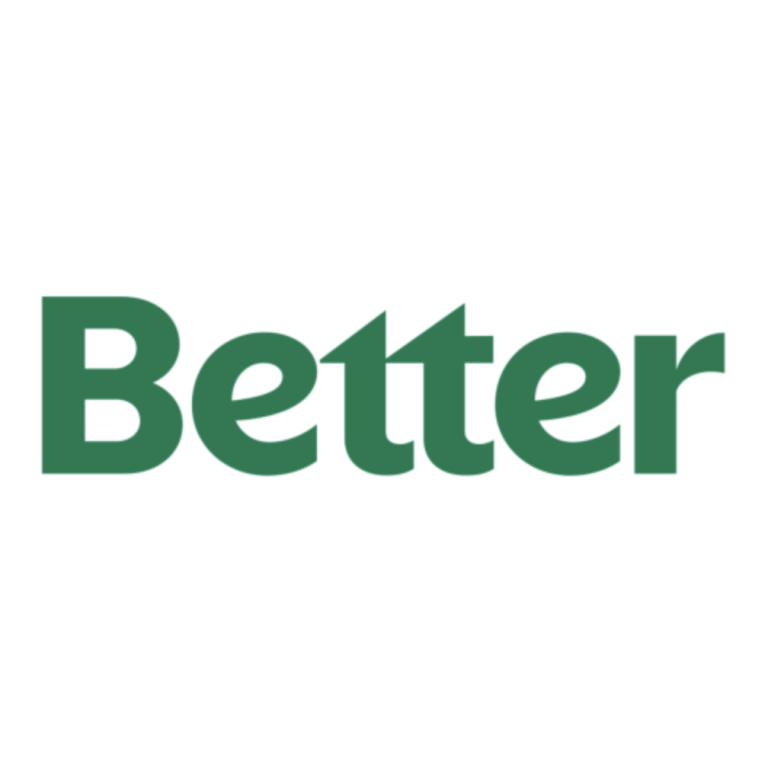
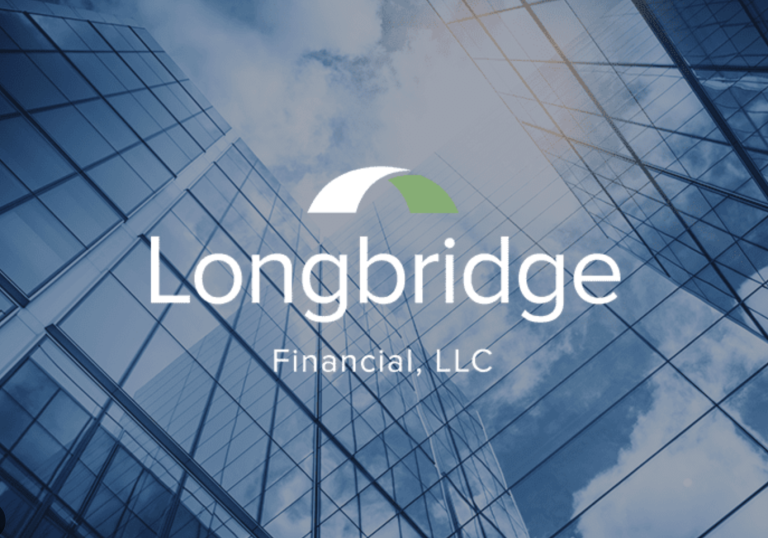
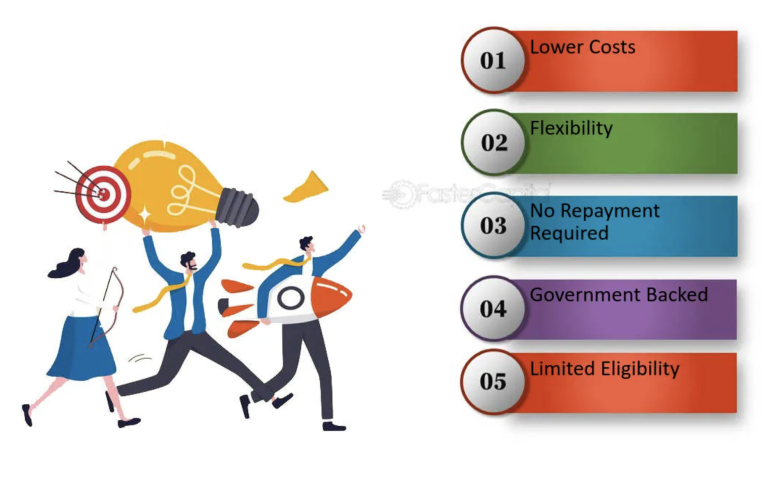
+ There are no comments
Add yours